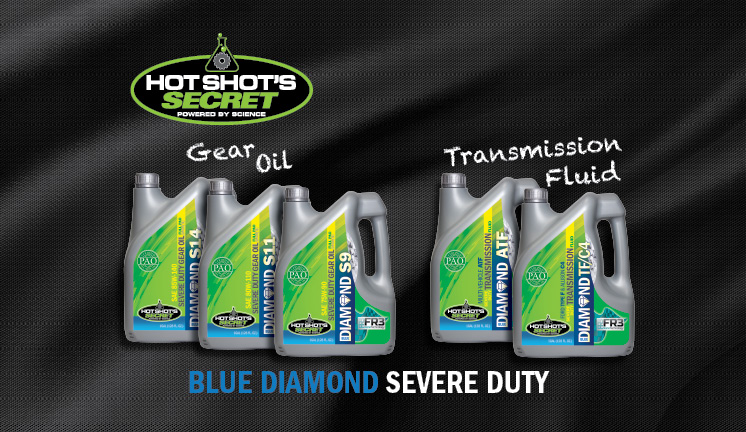
The valve body plays an essential part in your vehicle’s function, ensuring the appropriate flow of transmission fluid through vital system components. When the valve body cannot maintain fluid pressure, it can lead to more severe transmission problems. Explore the signs of a bad valve body, potential causes and how you can solve these problems. …
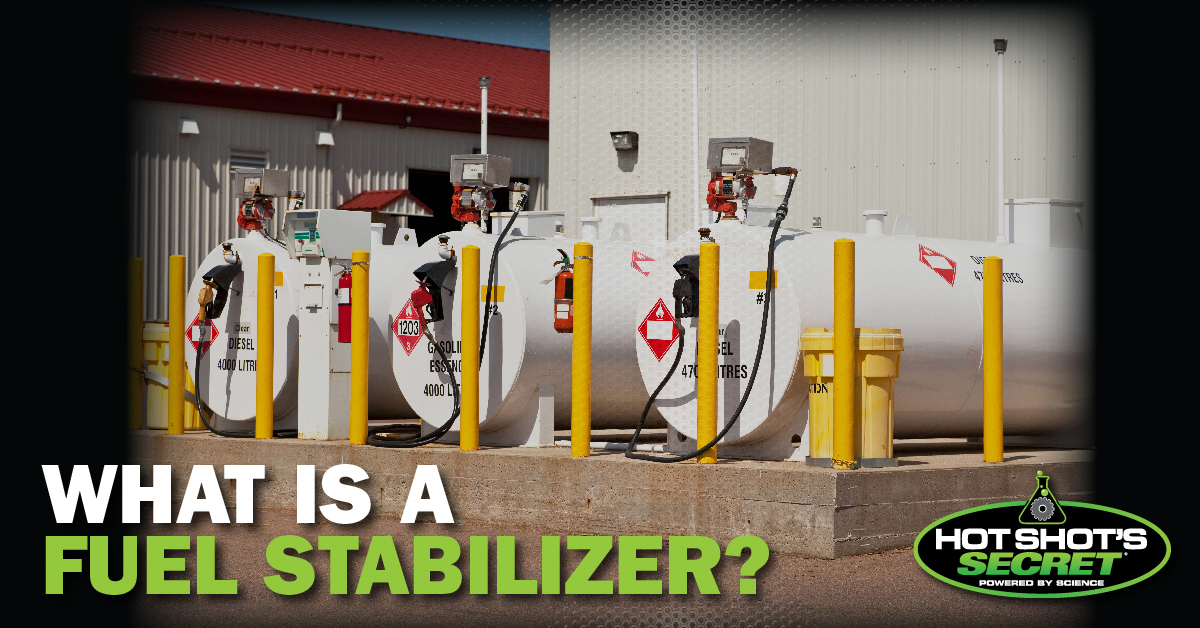
Fuel is an important mixture for any vehicle. Liquid fuels, like diesel and gasoline, supply the vehicle with sufficient power for acceleration — but only when they are in usable condition. Preventing fuels from oxidizing is crucial for their longevity and usability. Fuel stabilizers do the trick while offering other significant benefits. Learn about the role of fuel stabilizers in preserving fuel quality and explore Hot …
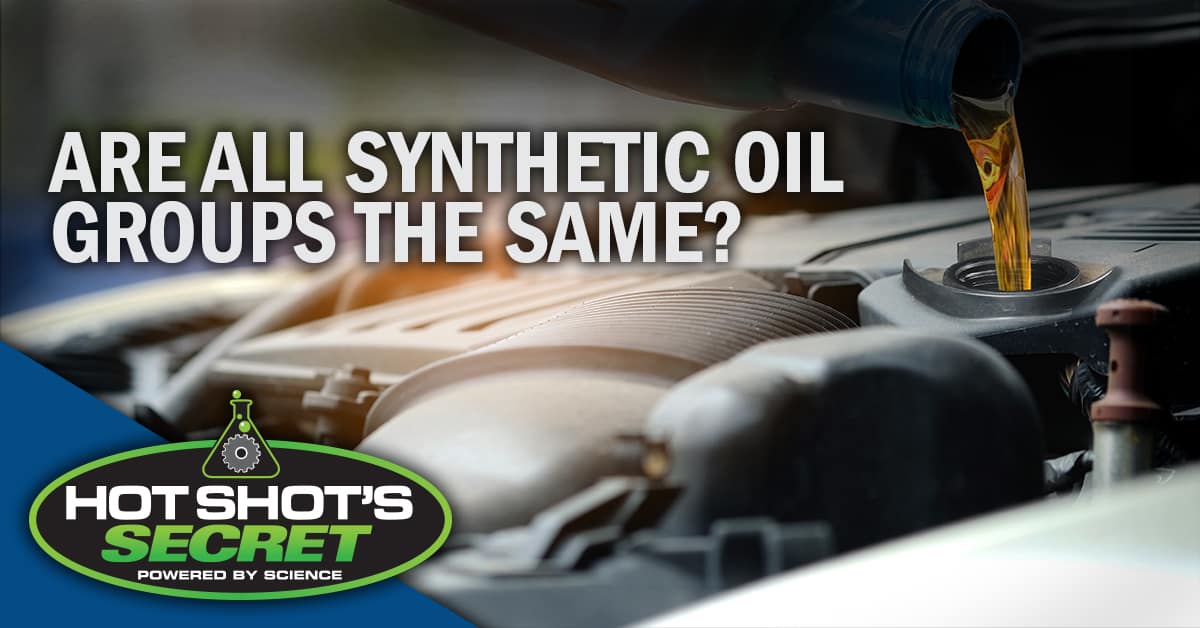
When you look across the shelf at all of the different types of motor oils, it can be a little overwhelming trying to understand the differences from one to another. And believe it or not, there are actually many differences between them. However, all motor oils start out as one of five different types of …
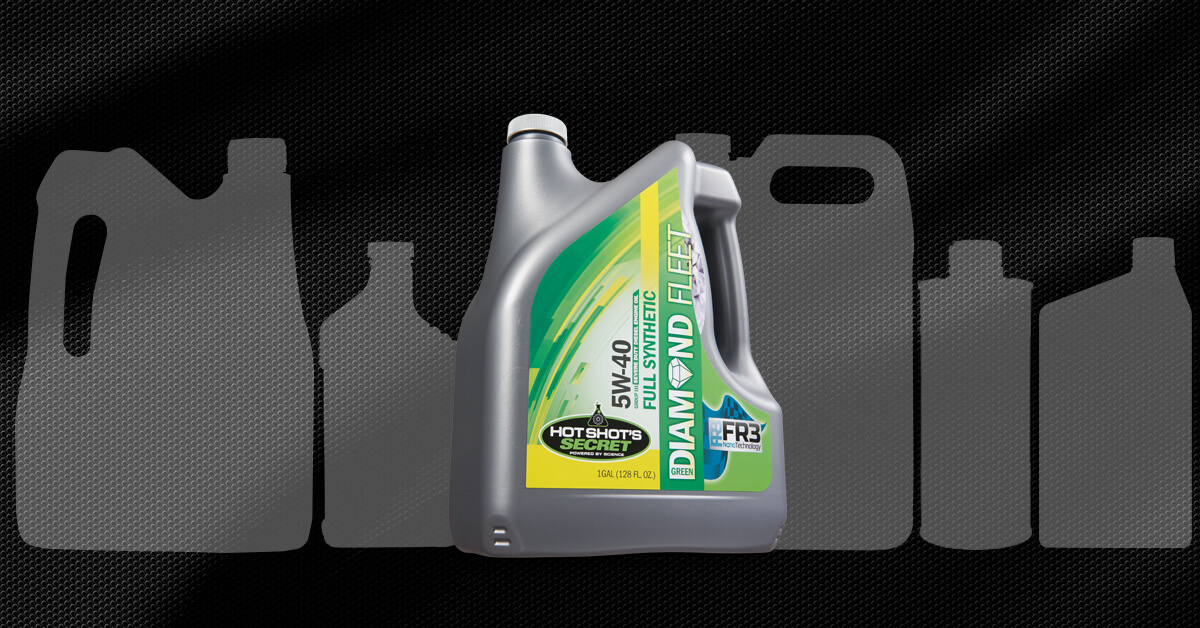
The type of motor oil you put in your vehicle is critical to its continued performance and longevity. With various motor oil types available on the market, it can take some research to determine which product is best for your engine. Hot Shot’s Secret’s multiple grades and viscosities of motor oils are scientifically tested for optimal performance and extending …
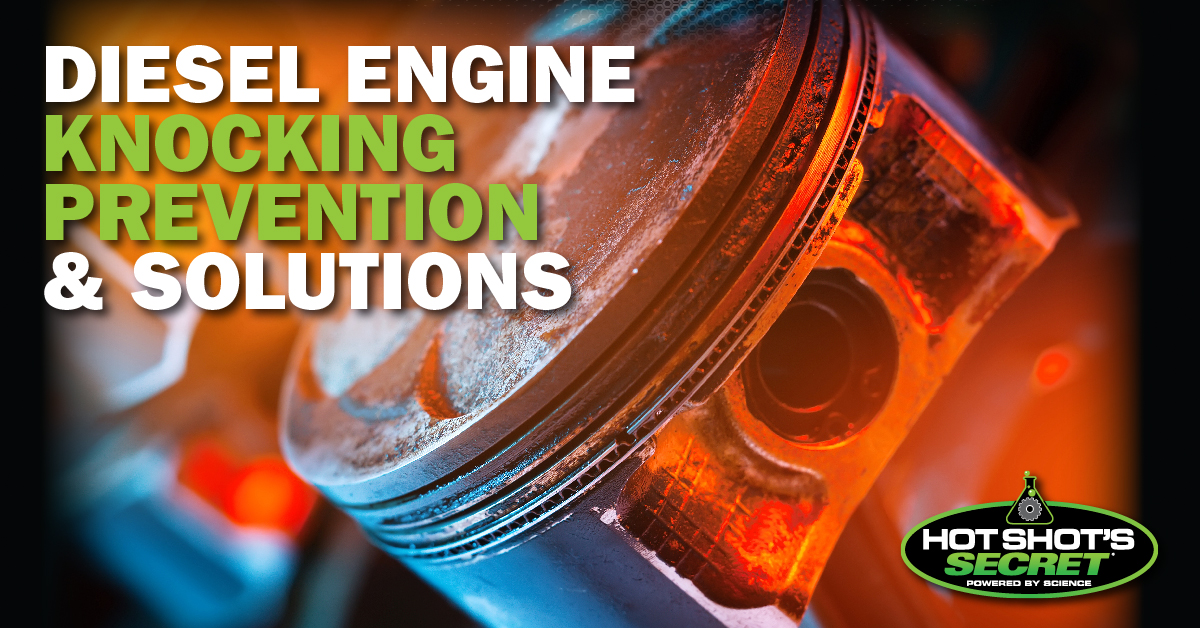
Humming from your engine is normal, but knocking and other unexplained sounds signal trouble. Diesel knocks can stem from injector timing, fuel quality or mechanical issues with the engine. Left unchecked, it can cause permanent engine damage. Hot Shot’s Secret products clean and protect your diesel engine to prevent common problems like diesel knock. What …
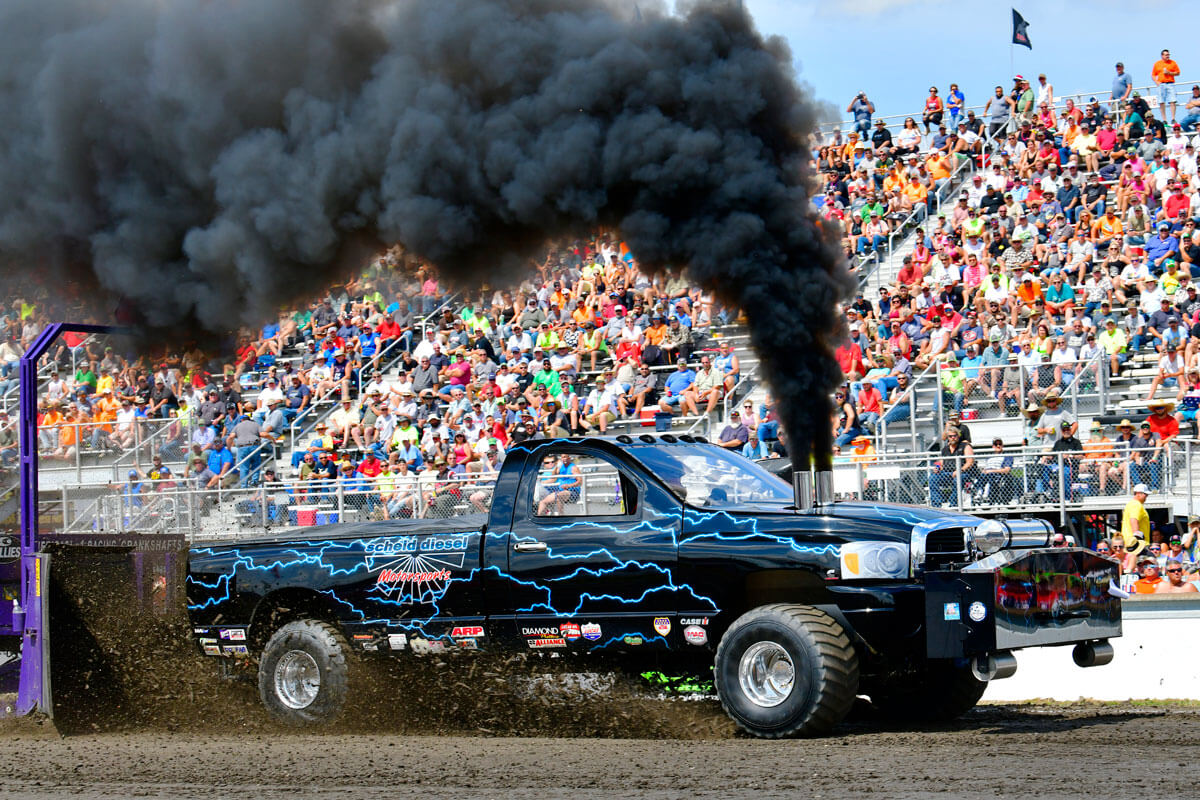
Whether you’re hauling equipment to a worksite, pulling a gooseneck loaded with valuable show horses or heading out on a cross-country RV adventure, confident towing depends on your diesel’s towing performance. Not all diesels are built the same — torque curves, cooling performance and longevity under sustained load can change how an engine feels on …
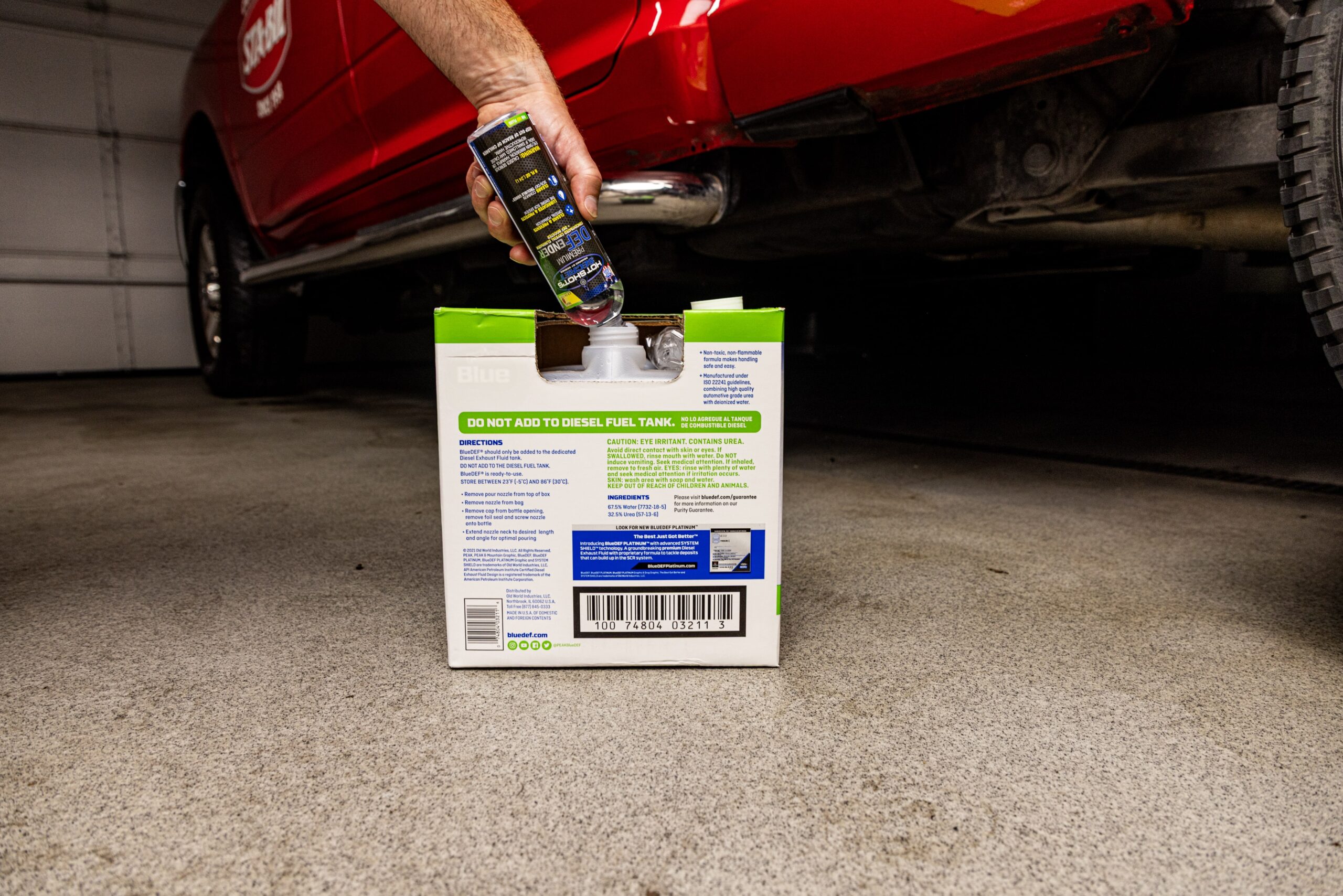
If your diesel exhaust fluid (DEF) light is on, you need to solve this issue as quickly as possible. Your selective catalytic reduction (SCR) system’s warning light helps you recognize and solve potential problems before major damage occurs. Here’s how these systems work and how to solve the problem. What Does the DEF Warning Light …
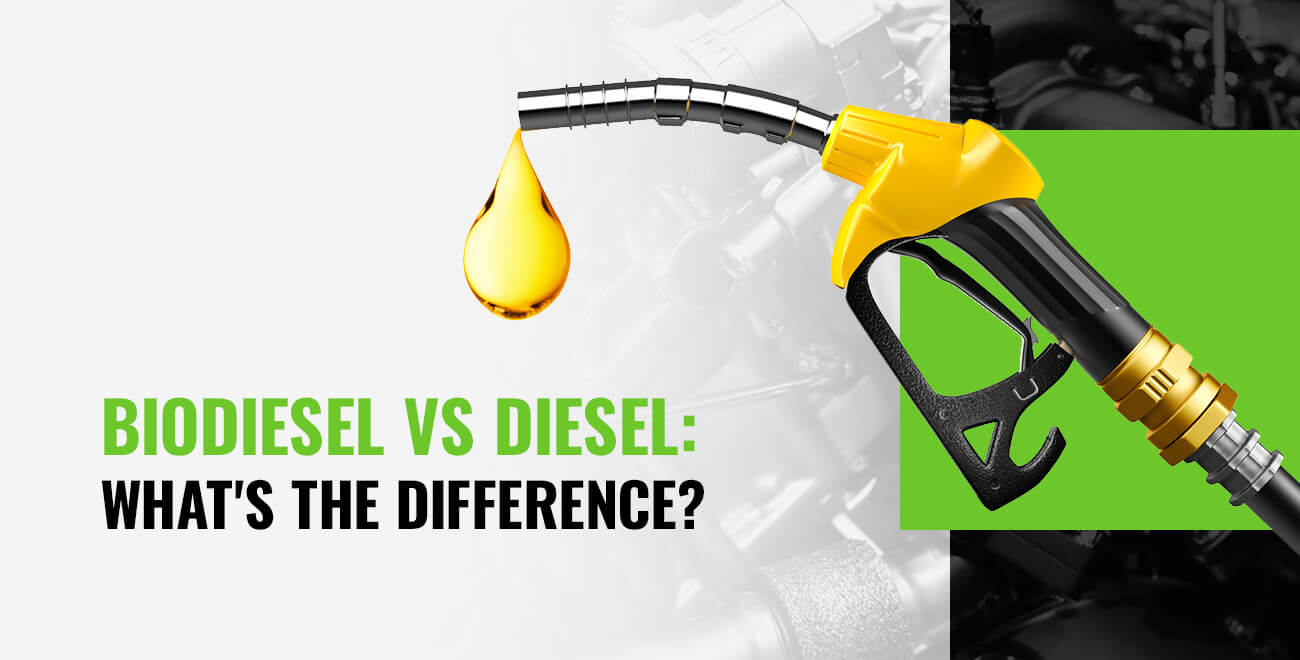
From cars to planes to power generators, heavy machinery requires fuel. For many machines, this fuel comes in the form of diesel. With the advancement of modern technology, alternative forms of fuel are rapidly spreading throughout the market. One such alternative is biofuel, which takes various forms, such as ethanol and biodiesel. What Are Biodiesel and Diesel? …
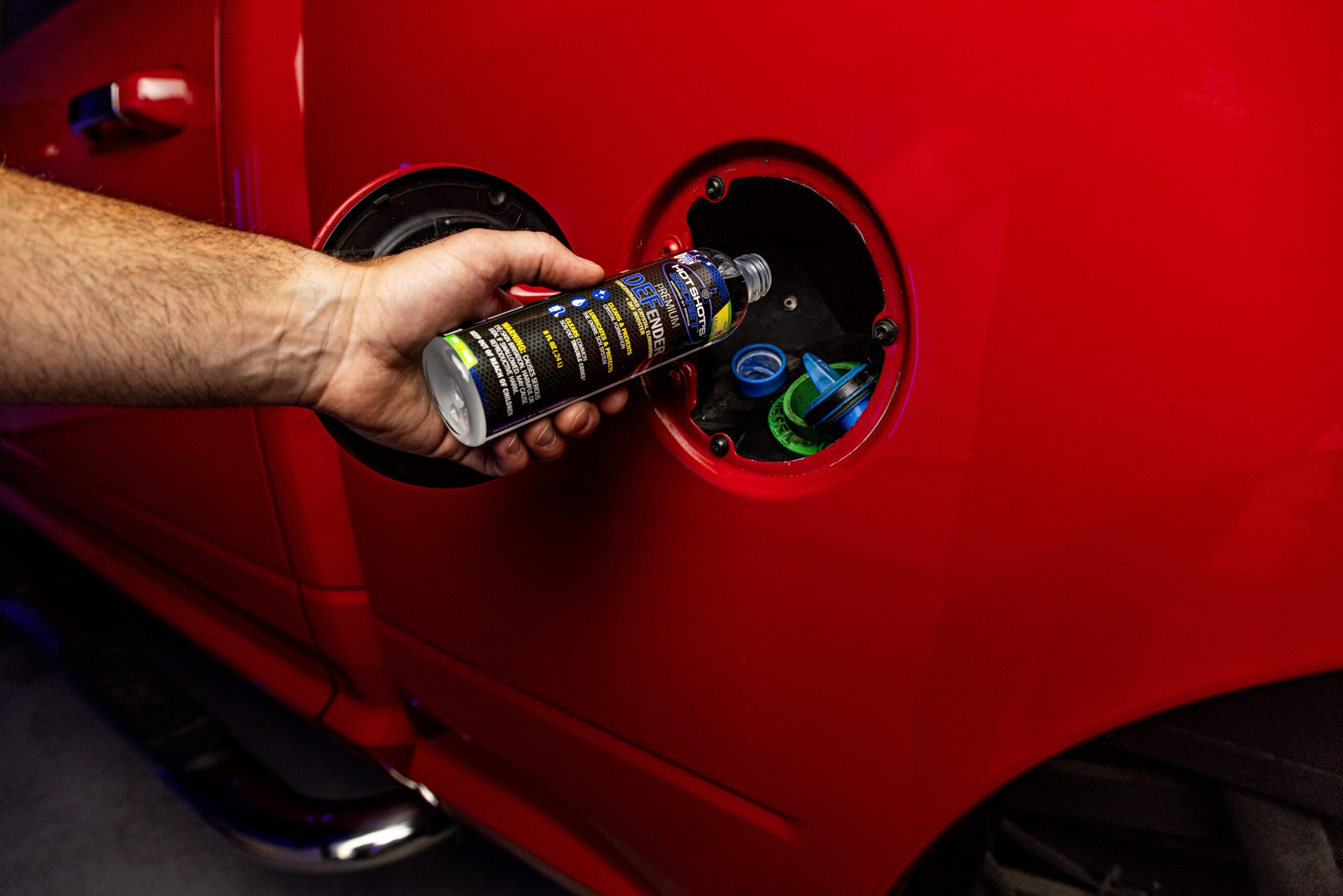
Diesel exhaust fluid (DEF) is essential to your selective catalytic reduction (SCR) system. This fluid converts nitrogen oxides into less harmful gases like nitrogen gas and water vapor, and consists of blended automotive-grade liquid urea (32.5%) and deionized water (67.5%). DEF crystal buildup is one of these systems’ most common — and costly — problems. …
